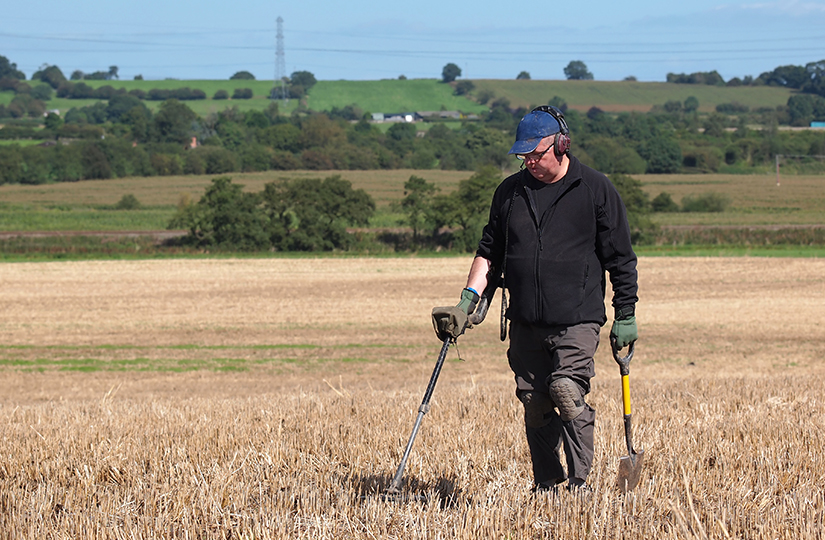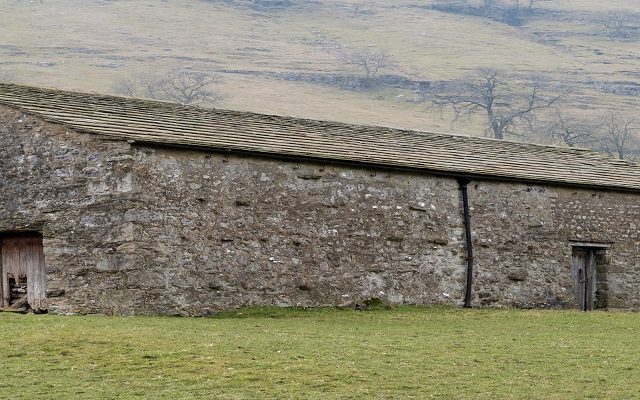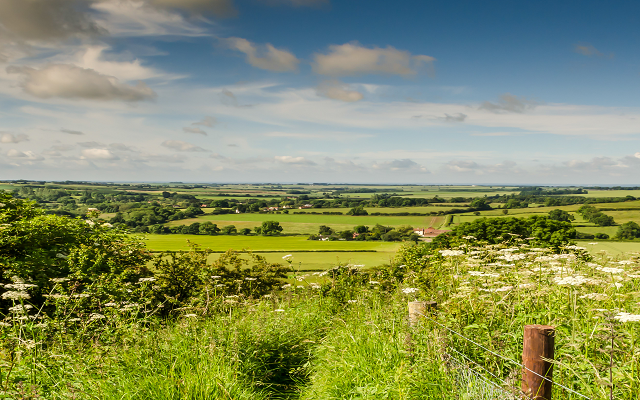Key considerations for landowners approached for permission to go metal detecting
Metal detecting has recently hit the headlines, following the jailing of a pair of detectorists who failed to declare the discovery of a £3m Viking hoard on farmland in Herefordshire.
It is an activity that has grown in popularity over the past couple of decades, with Department for Culture, Media and Sport statistics revealing that in 2018 there were more than 1,000 reported treasure finds in England, Wales and Northern Ireland – the fifth year in a row this has been the case.
The benefits of allowing metal detecting on your land
Although a discovery of treasure on your land is rare, inviting a metal detectorist on to an estate or farm can bring wider benefits.
Recording archaeological finds can help build a fascinating picture of the history of an estate and the wider countryside.
Many landowners also find it useful to have an extra pair of eyes around the farm, keeping an eye out for any illegal activity, such as fly-tipping and hare coursing.
Key points to be aware of before you give a metal detectorist access to your estate
When considering granting permission for someone to come metal detecting here are the key considerations for landowners:
- Understand the potential of what might be found on your land, and where, by doing some preliminary research ahead of granting anyone permission to go metal detecting. This might include a visit to your local County Records office to get information about where previous settlements may have existed.
- Have a time-limited, written agreement which defines the nature of the permission, the area to be searched, at what time of year, in what crops and what should happen when any objects are found. It is good practice for the agreement to only apply to a specific time period as renewing it acts as a prompt for reviewing its terms.
- The agreement should also include details such as whether vehicular access is allowed and how land should be reinstated if a hole needs to be dug. It should also outline the landowner’s expectations in terms times of the day they are happy for people to be present on the land, plus guidance on the need to close gates and avoid damaging crops or disturbing livestock.
- Provide a plan of the estate or farm, clearly marked with the areas where people can and can’t go. Highlight any areas on the map that might present a danger and should be avoided. Any metal detectorist will be viewed as a visitor for the purposes of the Occupiers Liability Act, requiring landowners to show a duty of care that they have taken reasonable steps to keep visitors safe. Private areas around the house and gardens can also be marked as out-of-bounds.
- Agree whether as landowner you want to be notified of all finds or just the more significant archaeological ones. The legal owner of any finds is the landowner, but in practice many landowners are happy for detectorists to keep lower-value finds. The written agreement should set out how the value of any finds over a certain value should be split, with most people choosing 50:50.
- The Treasure Act 1996 covers any finds over 300 years old, with more than 10% gold or silver, hoards of coins and prehistoric metalwork. Legally, these objects must be reported to the coroner within 14 days, typically via the local Finds Liaison Officer.
- Landowners can also request detectorists report any archaeological objects (over 300 years old, but not regarded as treasure) to be reported to the Portable Antiquities Scheme.
- Check if the person is a member of an organisation such as the National Council for Metal Detecting (NCMD) or Federation of Independent Detectorists (FID). Both organisations have a Code of Conduct which they expect members to abide by.
- Ask to see proof of their public liability insurance. If they are members of the NCMD or FID then this may form part of their membership. Check your own insurance cover.
- Remember that it is illegal to use a metal detector on a Scheduled Monument without permission from Historic England (or equivalent body). Metal detecting is also not allowed on Sites of Special Scientific Interest or known archaeological sites which are part of a Countryside Stewardship Scheme agreement. However, metal detecting can be carried out on other CSS land, so long as it does not conflict with the terms of the agreement.
Finally, if there is one question, above all others, that landowners should ask themselves before agreeing to allow metal detecting, it is: Do I trust the person I am dealing with?
Make sure you meet them before giving the go-ahead and ask them to supply a personal reference.
The reality is that metal detecting is an activity which is carried out when the landowner is unlikely to be there to supervise, so while a written agreement is crucial it is not the end of the story.
You need to be as confident as you can be that the person you have granted permission to will abide by the conditions set down, acting responsibly and respectfully.






